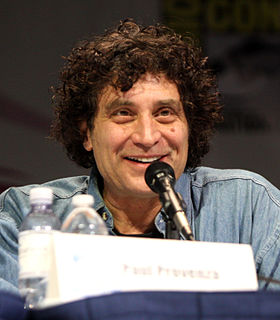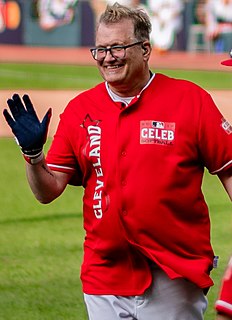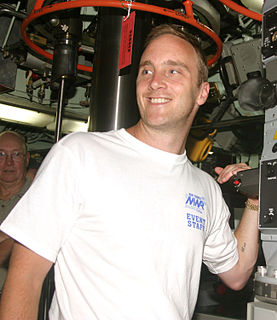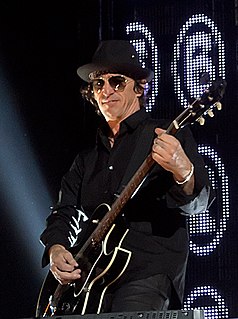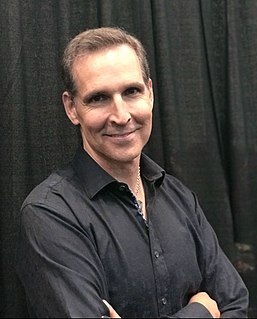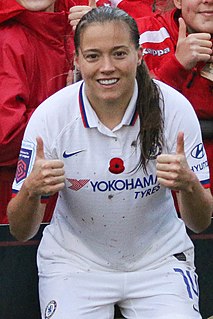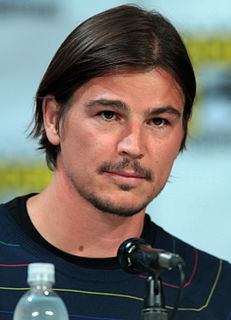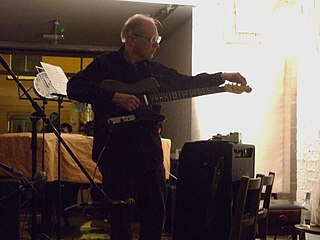A Quote by Paul Provenza
When I was a young comic just starting out, I was very cautious, as I didn't want to alienate people. George Carlin's bravery became a benchmark. I became perfectly fine with alienating some people in the audience. That just comes with the territory.
Related Quotes
My wife and I have long discussions about [George] Carlin, and we refuse to accept that he died an atheist. It's just, confounding. When I talked to Kelly [George Carlin's daughter] about it, she said that George Carlin once took her at about 12 years old and said, "I've figured it out." And he says it in one of his specials sort of - he goes, "We're all energy and we're all connected. That goldfish you have, you, me, that boot laying in the street, we're all pieces of light to a giant electron.
That was exactly why people didn't want to give us any kind of life, because we were threatening their status quo, and they just didn't want to have room for girls playing rock 'n' roll. It bothered them. First, people just tried to get around it by saying, "Oh, wow, isn't that cute? Girls playing rock 'n' roll!," and when we said, "Yeah, right, this isn't a phase; it's what we want to do with our lives," it became, "Oh! You must be a bunch of sluts. You dykes, you whores." That's what it became. Then it became a name-calling contest.
The average age of the Jazz audience is increasing rapidly. Rapidly enough to suggest that there is no replacement among young people. Young people aren't starting to listen to Jazz and carrying it along in their lives with them. Jazz is becoming more like Classical music in terms of its relationship to the audience. And just a Classical music is grappling with the problem of audience development, so is Jazz grappling with this problem. I believe, deeply that Jazz is still a very vital music that has much to say to ordinary people. But it has to be systematic about getting out the message.
When politicians began to see that every last thing that they did in public could be broadcast to a mass audience, the fact that the stakes were so much higher now that every moment became fraught caused them to become more cautious, and the consultants very gradually but inevitably became literal reactionaries.
Some people will know exactly what they want to do at a very young age, but the odds are low. I feel like people in their early- to mid-20s are very earnest. They’re very serious, and they want to feel like they’ve accomplished a lot at a very young age rather than just trying to figure stuff out. So I try to push them toward a more experimental attitude.
